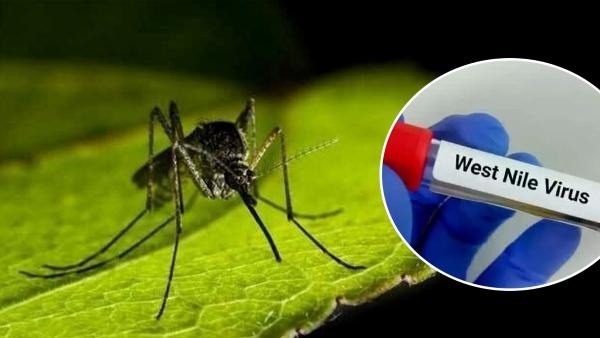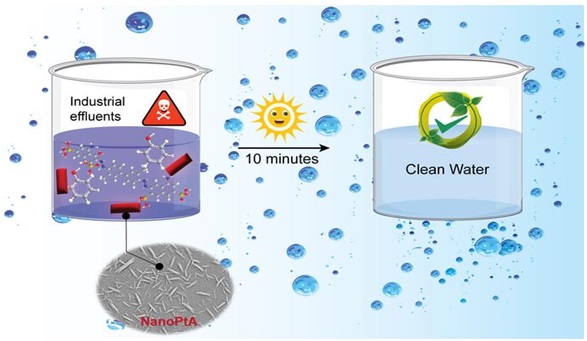West Nile Fever

- 08 May 2024
Why is it in the News?
The Kerala health department has issued an alert after cases of West Nile fever were reported in Malappuram, Kozhikode and Thrissur districts.
What is West Nile Fever?
- West Nile Fever is a viral infection transmitted primarily by mosquitoes, caused by the West Nile virus (WNV).
- The virus is commonly found in Africa, Europe, the Middle East, North America, and West Asia.
- Most people infected with the West Nile virus don’t experience any symptoms.
- About 20% of people who become infected with WNV will develop West Nile fever.
- However, for some, particularly the elderly or those with weakened immune systems, symptoms can range from mild flu-like symptoms such as fever, headache, body aches, fatigue etc.
- Transmission occurs when mosquitoes become infected after feeding on infected birds, and then bite humans.
Why is it named West Nile Fever?
- West Nile Virus was first isolated in a woman in the West Nile district of Uganda in 1937.
- According to the World Health Organisation (WHO), It was identified in birds in the Nile Delta region in 1953,
Symptoms:
- West Nile Fever can manifest with a range of symptoms, although the majority of individuals infected with the West Nile virus (WNV) remain asymptomatic.
- For those who do exhibit symptoms, they typically appear within 2 to 14 days after being bitten by an infected mosquito.
- Common symptoms include fever, headache, body aches, and fatigue, which are similar to those of the flu.
- Additionally, individuals may experience nausea, vomiting, diarrhoea, and swollen lymph glands.
- Skin rash and swollen joints are also reported in some cases.
- In more severe instances, West Nile Fever can lead to neurological complications.
- These may include meningitis (inflammation of the membranes surrounding the brain and spinal cord) or encephalitis (inflammation of the brain).
- Signs of neurological involvement may include severe headache, high fever, neck stiffness, disorientation, tremors, seizures, paralysis, and coma.
Treatment:
- While there is no specific treatment for West Nile Fever, supportive care such as pain management, fluids, and rest can help alleviate symptoms and aid recovery.
- Prompt medical attention is crucial, especially for those experiencing neurological symptoms, as these can be life-threatening.
NanoPtA (The Hindu)

- 06 Oct 2023
Why in the News?
Scientists at the Indian Institute of Science's Materials Research Centre (MRC) have recently created a novel enzyme mimic known as NanoPtA.
About NanoPtA:
- The research team at the Materials Research Centre (MRC), Indian Institute of Science (IISc), has created a unique platinum-based nanozyme called NanoPtA.
- This nanozyme can be turned into a powder for use in industries.
- When NanoPtA encounters wastewater, the molecule's benzene rings and long alkyl chains engage in multiple non-covalent interactions.
- Individual NanoPtA molecules link together to form tape-like structures that emit light, which is the source of its oxidizing capability.
- In the presence of sunlight, this nanozyme can break down pollutants in wastewater, reducing its toxicity.
- Remarkably, the nanozyme can rapidly degrade even small amounts of common contaminants like phenols and dyes (micromolar levels) within ten minutes when exposed to sunlight.
- The researchers also observed that the NanoPtA complex remained stable for up to 75 days at room temperature.
Applications:
- Besides wastewater treatment, this nanozyme could find applications in healthcare and serve as a valuable diagnostic tool for neurological and neurodegenerative diseases.
